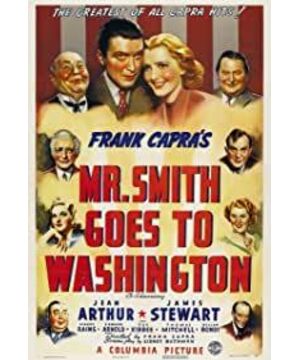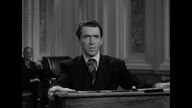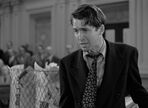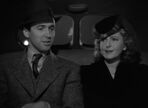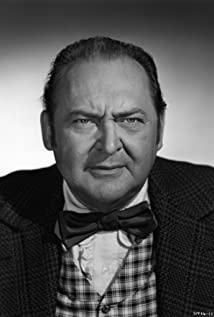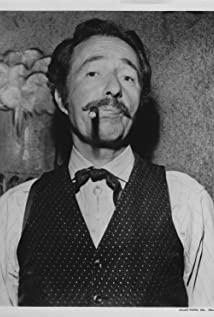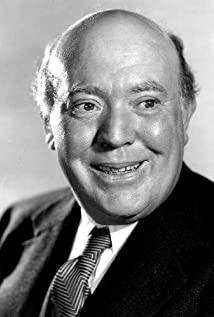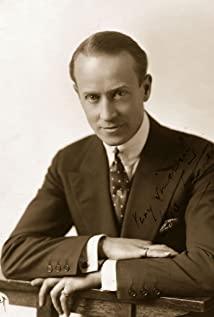Justice finally triumphed. However, the final victory of justice represented by Smith over the evil with Paine as the spokesperson on the stage depends on Paine's "discovery of conscience" at the last minute, which is really "hanging". Although, in order for Paine to have such a bizarre behavior at the end, the film has made a lot of foreshadowing in advance: he once persuaded Smith to go home and leave the mud pit of parliament. When the boss Taylor asked him how to beat Smith, he was always disgusted and inwardly distressed; he had repeatedly emphasized to Taylor that Smith could not be put to death, and so on. However, it is impossible for such a political veteran who has been in parliament for 20 years to "discover his conscience" at the last moment. In fact, the film can use any one of the parliament itself, newspaper public opinion or mass movement to deepen it and achieve the goal of defeating evil by righteousness. Just think, is there only one party in the House of Paine's faction? Where have the opposition parties gone? How could the opposition not take advantage of such a good opportunity to make waves? Besides, no matter how powerful the backstage boss is, it is impossible to block all the newspapers in the country, and the public opinion cannot be a single word. The parents of the military will also have rich and powerful people, watching their children suffer inexplicably abhorrent blows without saying a word? However, using one of these three to make up a story seems like a normal political struggle again. At this point, I suddenly realized that the film is to do this, to deal with it in this way, in order to fully expose the darkness of society and the corruption of the parliament. Despite this, when the film was released at the time, it would definitely be attacked by some politicians and abused by newspapers.
View more about Mr. Smith Goes to Washington reviews


